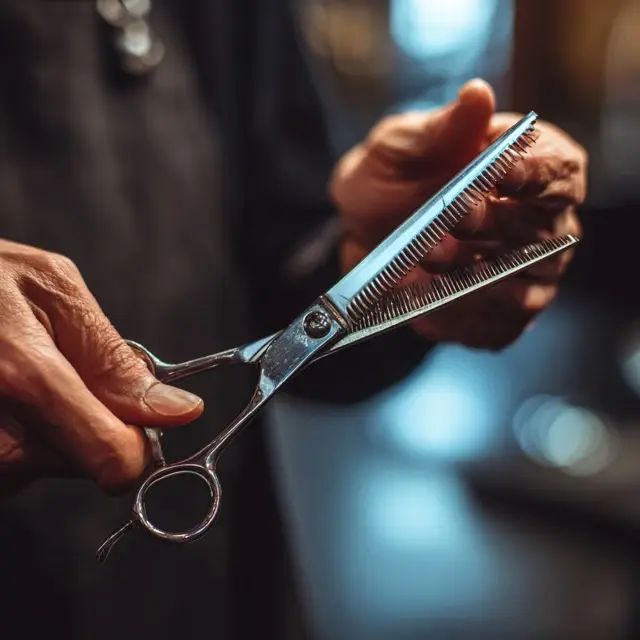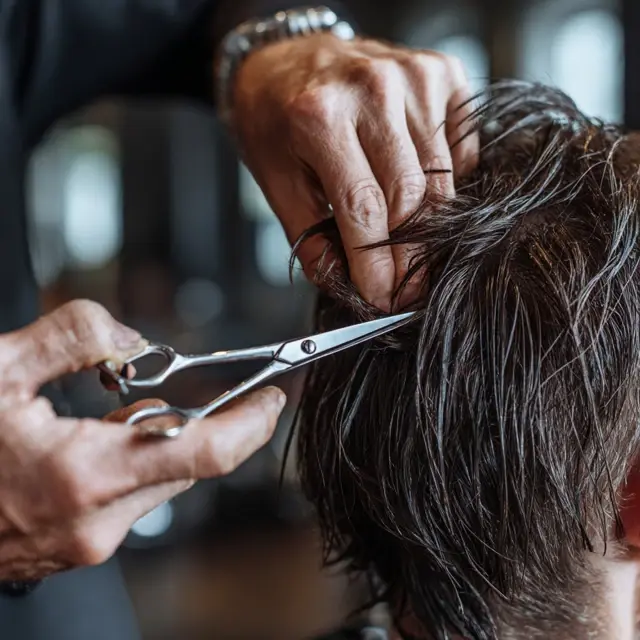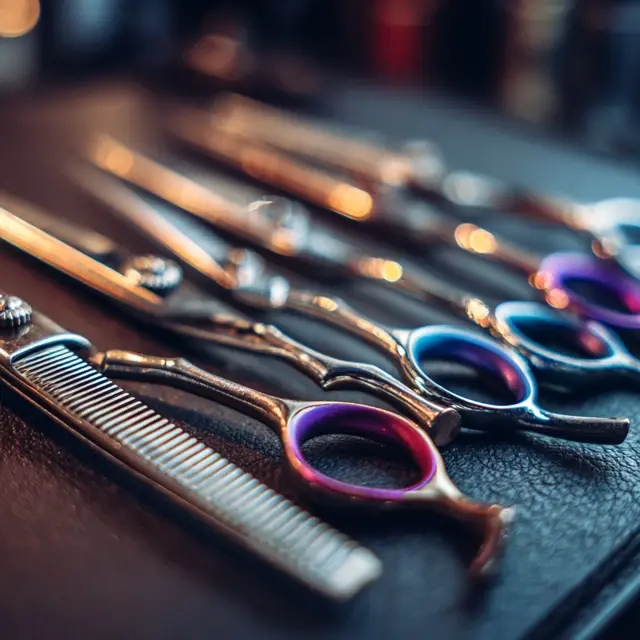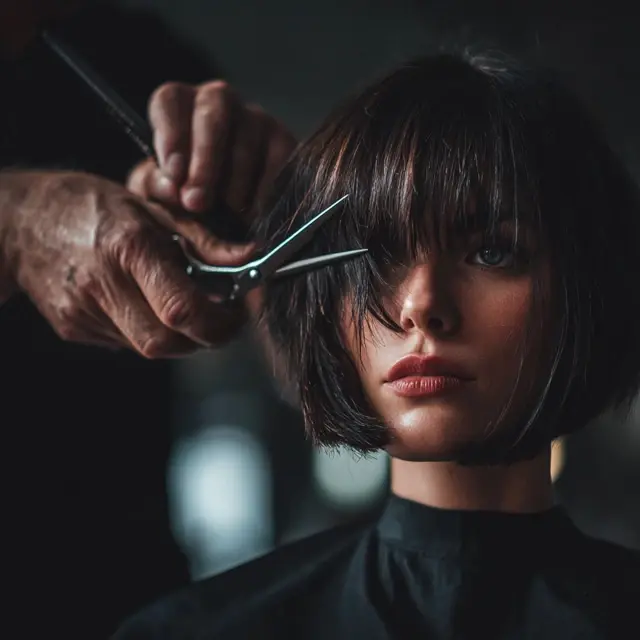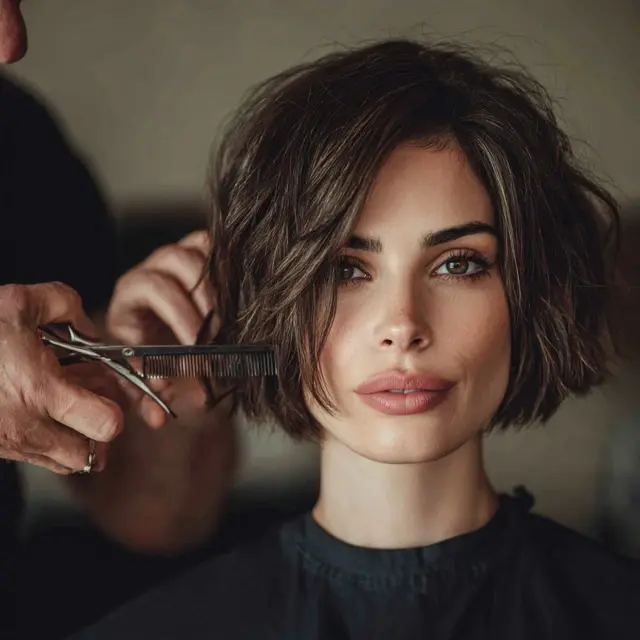Expert Tips for Using Texturizing Hair Scissors Safely
Texturizing hair scissors are powerful tools for stylists, capable of transforming heavy or blunt cuts into soft, natural styles. However, using them improperly can lead to uneven results, damaged hair, or unwanted thinning. Mastering safe techniques ensures both client satisfaction and hair health.
Why Safety Matters with Texturizing Scissors
Unlike standard hair scissors, texturizing scissors remove only portions of hair with each cut. While this makes them perfect for adding movement, it also requires precision and control. Misuse can cause frizz, split ends, or even structural imbalances in the haircut.
Expert Safety Tips for Stylists
1. Always Start Conservatively
Begin with light, minimal cuts. It’s easier to remove more hair later than to correct over-texturizing. A cautious approach prevents accidental thinning.
2. Focus on the Right Sections
Apply texturizing scissors to mid-lengths and ends rather than close to the scalp. Cutting too near the root may create uneven volume and frizz.
3. Use Controlled, Even Snips
Random snipping can create holes or patchy sections. Instead, work methodically and maintain consistency across all areas of the haircut.
4. Work on Dry Hair When Possible
Dry hair reveals how texture will look in real life. This helps prevent overuse of the scissors and ensures the style remains natural and wearable.
5. Avoid Overuse on Fine Hair
Clients with fine or thin hair require careful handling. Over-texturizing can strip density and leave the style looking weak or sparse.
Common Mistakes to Avoid
- Using texturizing scissors as a replacement for regular cutting
- Snipping too close to the hairline or scalp
- Overworking the same section repeatedly
- Failing to combine them with professional hair scissors for shaping
Choosing the Right Texturizing Hair Scissors
Safety also depends on tool selection. Look for:
- High-quality steel blades: Prevents pulling and ensures clean cuts
- Appropriate tooth count: Higher counts for subtle texturing, lower counts for bold effects
- Ergonomic handles: Reduces strain during extended use
Best Practices for Professional Results
- Plan the haircut with texturizing in mind—don’t improvise.
- Step back frequently to assess balance and movement.
- Communicate with clients about the level of texture they want.
- Use texturizing scissors as a finishing tool, not a primary one.
Conclusion
Texturizing hair scissors are invaluable for creating softness, movement, and natural flow. When used safely and strategically, they enhance every haircut. By starting conservatively, avoiding overuse, and pairing them with traditional hair scissors, stylists can deliver professional, flawless results without compromising hair health.
